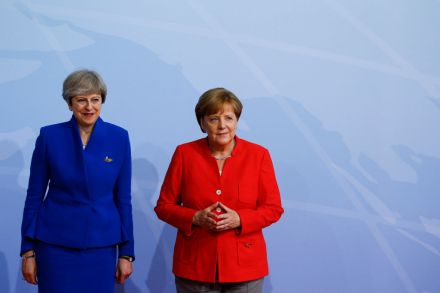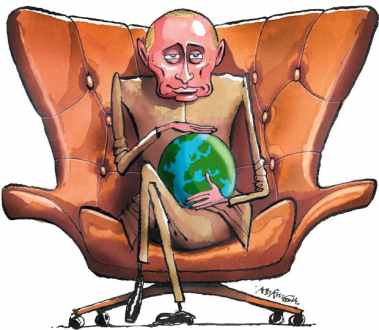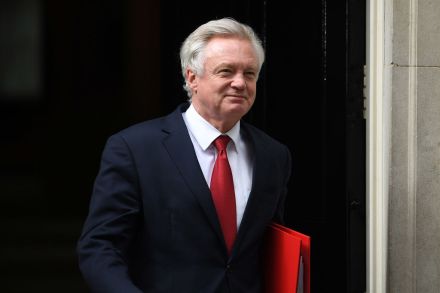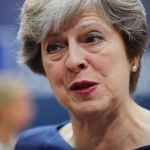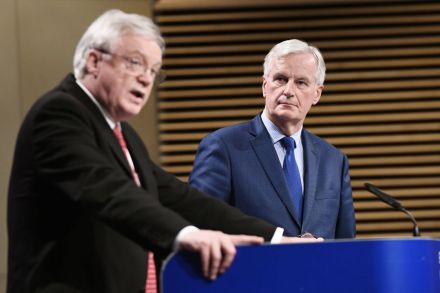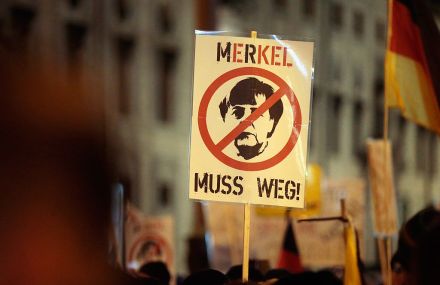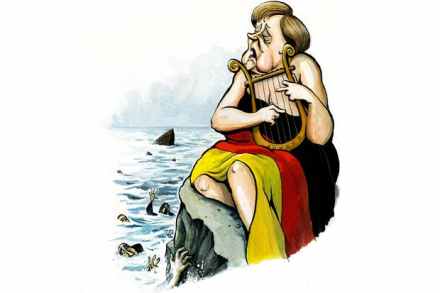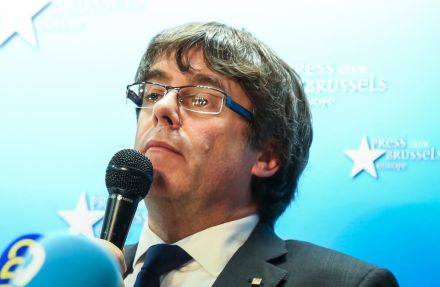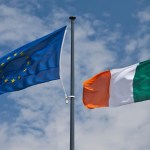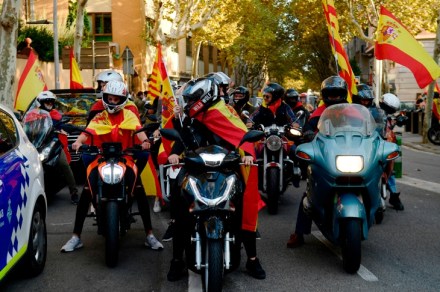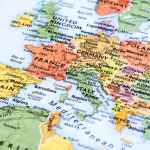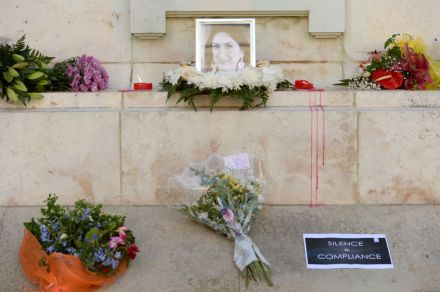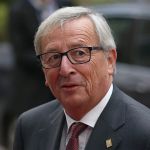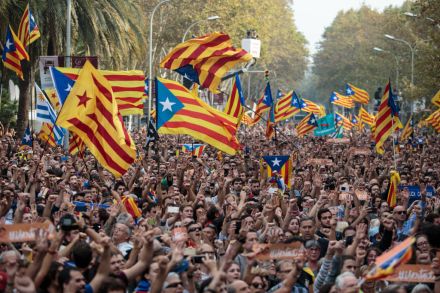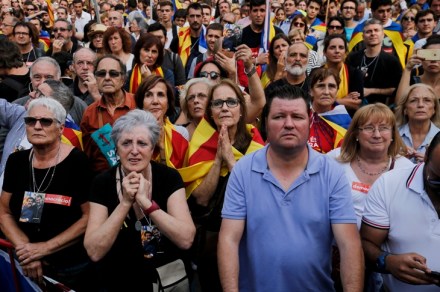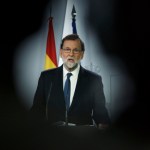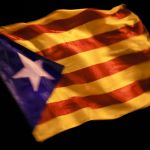The collapse of coalition talks in Germany makes a ‘no deal’ Brexit a little more likely
The Cabinet is expected to resume talks about Brexit today, reportedly nudging towards a £40 billion offer ahead of a meeting on Friday – but is there much point? Germany still has no government with Angela Merkel’s coalition talks having collapsed. The chairman of the Free Democratic Party ended talks with Merkel last night and her old coalition partners, the Social Democrats, refuse to enter a deal as this would confer opposition status on the populist AfD and thereby augmenting the progress they made in the recent federal elections. All of a sudden, Merkel’s fourth term has been thrown into question, and there’s talk of her doing a Theresa May
